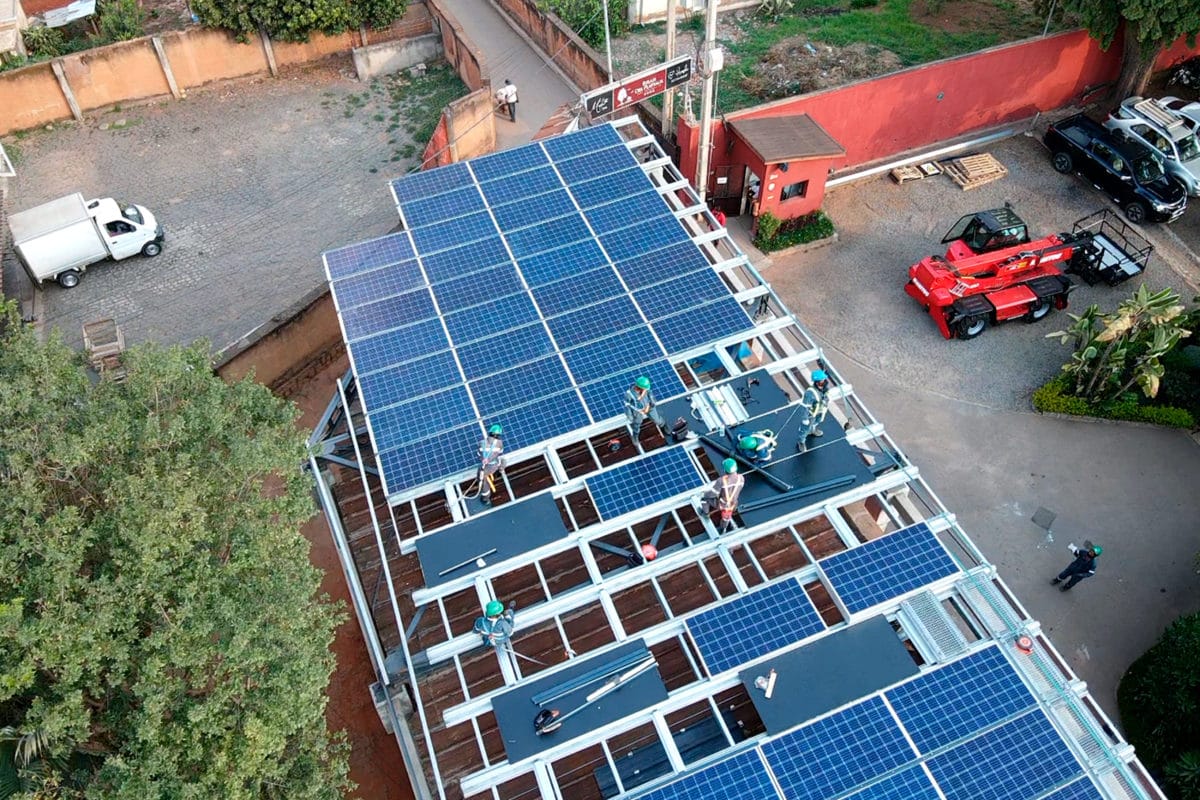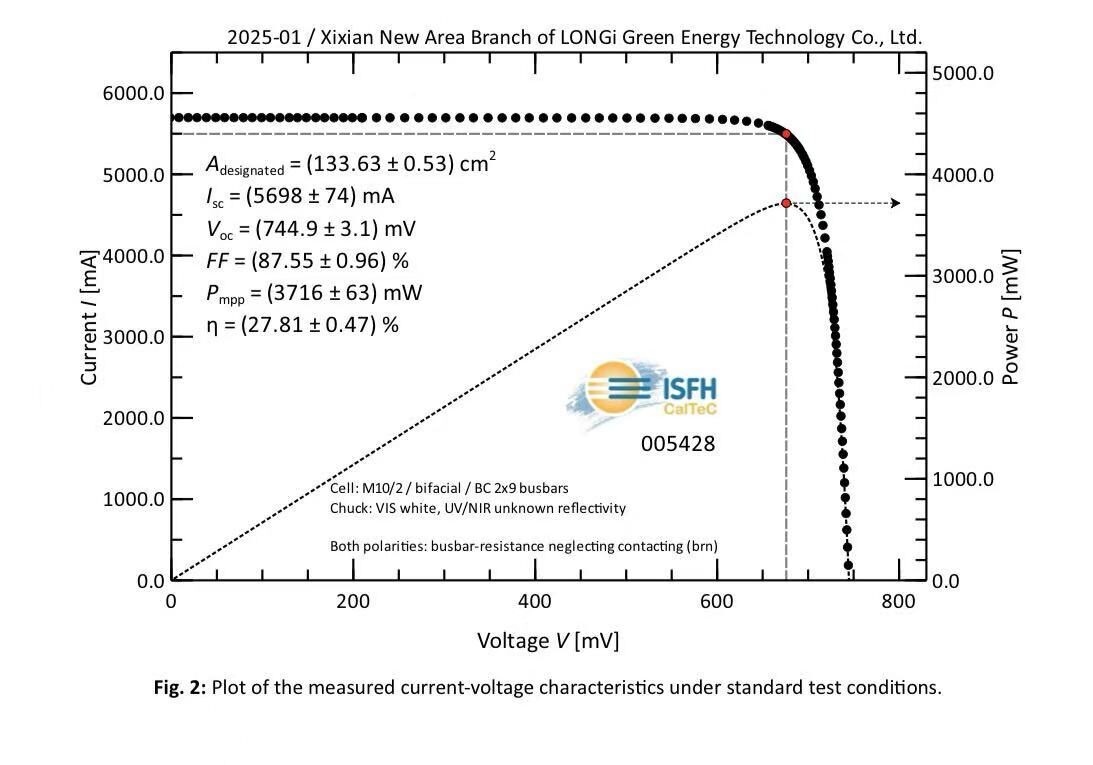An online event held to consider Africa's rooftop solar market has been told Kenya is crying out for net metering – the system which rewards solar generators for excess electricity they feed into the grid.
Geoffrey Ronoh, co-founder and director of Kenyan solar engineering, procurement and construction (EPC) services business Ofgen, told the Africa Rooftop Solar Congress: “We need net metering regulations to expand our network.”
It was a sentiment echoed by Martin Baart, CEO of Berlin-based developing-world solar crowdfunder Ecoligo, who said Kenyan policymakers had been discussing the need for net-metering since 2012 and promising to deliver it year after year, without doing so.
pv magazine print edition
“These uncertainties are what are causing us investors … projects headaches,” said Baart, to the online event held on Wednesday and Thursday. “We need to know what we are getting into before we invest and the policies should be long-term, not only up to the election period for the next government. Some regulations are well-defined, others not so much.”
Ronoh called for net-metering against fears of renewed blackouts in Kenya where the government last month mandated a reduction in the price of grid electricity, from $0.18 to $0.15. The solar EPC director said utilities would be unable to generate power at the new lower rate, hampering reliability and network investment. If blackouts are the result, Kenya's need for net-metering to drive rooftop solar would only become more pressing, Ronoh said, adding he expects the East African nation to hit 100MW of rooftop commercial and industrial (C&I) solar generation capacity this year.
South Africa
The event also heard a prediction, from Daniel Pasker, southern Africa sales manager for Chinese solar brand JA Solar, that South Africa will add around 2GW of solar capacity this year. Notably, Pasker indicated last year's rising solar panel prices could soon be forgotten as he said the nation would build on the 4GW or so of solar capacity reached at the end of 2021.
With the South African government having decreed solar plants with a generation capacity of up to 100MW can be developed without a license, Pasker said: “There is expansion in [the rooftop solar] C&I space, as well as [in] agriculture [and] mining.” He highlighted grid electricity prices he said are set to rise 15-20% in the nation, further improving the solar business case, and added: “There is massive growth driven by prices coming down from manufactur[ing], raw materials [and] cost[s] dropping [and] technology is becoming more efficient and affordable and easier to install.”
The continent as a whole could be expected to add 4-5GW of solar capacity this year, Pasker said.
Although the Nigerian government is shying away from the idea of renewing oil and gas subsidies – according to Segun Adaju, CEO of Nigerian rooftop solar installer Consistent Energy – grid electricity is still far cheaper than self-generated power in the country. In that market, said Adaju, president of the Renewable Energy Association of Nigeria, solar is instead competing with the off-grid options offered by petrol and diesel.
The unreliable nature of that cheap grid supply, however, is reflected by the estimate the 25-30GW of self-generation power systems operating in Nigeria is more than five times the scale of the nation's grid capacity. With grid electricity uneven, Adaju added, small and medium-sized businesses who need power for manufacturing, drying food, and irrigation are turning to solar.
Rwanda
The progress of solar in Rwanda was highlighted by Dan Klinck, CEO of Kigali-based hydro and solar developer East African Power, who told the event the nation has around 200MW of photovoltaic generation capacity at the moment and will be heading towards 500MW by 2025.
The Africa Rooftop Solar Congress was organized by Solar Quarter and backed by Chinese solar manufacturers JinkoSolar and JA Solar and trade bodies the Uganda National Renewable Energy and Energy Efficiency Alliance, the Kenya Renewable Energy Association, and the Uganda Solar Energy Association.
This content is protected by copyright and may not be reused. If you want to cooperate with us and would like to reuse some of our content, please contact: editors@pv-magazine.com.



3 comments
By submitting this form you agree to pv magazine using your data for the purposes of publishing your comment.
Your personal data will only be disclosed or otherwise transmitted to third parties for the purposes of spam filtering or if this is necessary for technical maintenance of the website. Any other transfer to third parties will not take place unless this is justified on the basis of applicable data protection regulations or if pv magazine is legally obliged to do so.
You may revoke this consent at any time with effect for the future, in which case your personal data will be deleted immediately. Otherwise, your data will be deleted if pv magazine has processed your request or the purpose of data storage is fulfilled.
Further information on data privacy can be found in our Data Protection Policy.